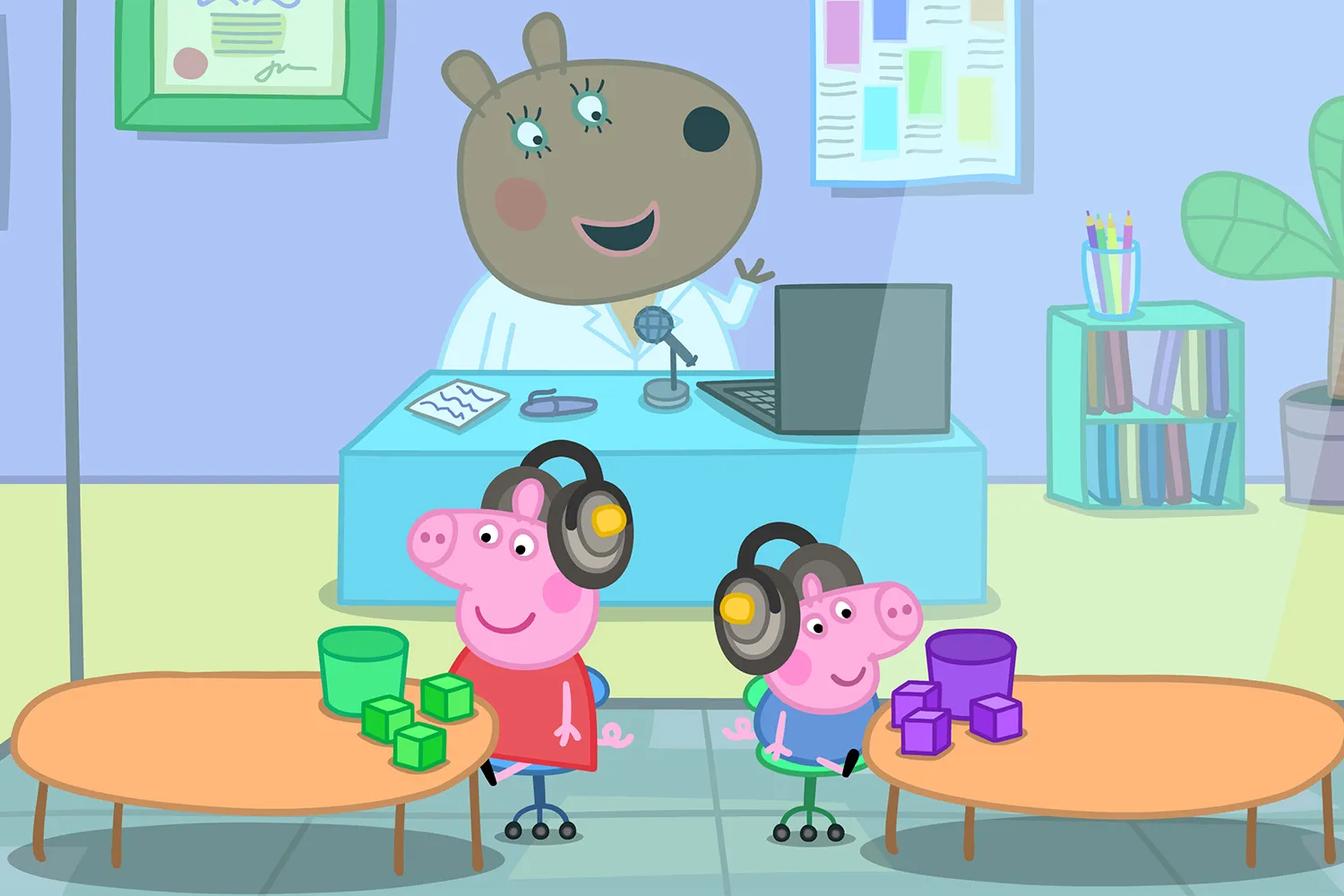In a world where everything seems to be moving too fast – from headlines scrolling under judgment to content overload – people are looking for new ways to switch off, relax and reset. This does not always mean logging out completely. More often it means reaching for something that feels simple, familiar and fun.
Enter: simple digital games. Whether it’s matching colorful tiles, spinning classic reels, or collecting stars on a puzzle board, these games offer more than a way to pass the time—they’ve become a legitimate form of modern self-care. Platforms built around this kind of low-pressure entertainment, like nostalgia-driven social gaming platforms like Highroller, help people disconnect from the noise while staying delightfully engaged.
So why do these straightforward games feel so good right now? Let’s break it down.
They have low commitment but high reward
Not everyone wants to get deep into a 90-hour open-world video game or compete in intense online battles. Sometimes you just want a quick win. That’s what simple games deliver. There’s no need to memorize complex controls or strategize for hours—you tap, swipe, or spin, and within seconds you’re into it.
This is especially appealing when your brain is already juggling a lot – whether it’s exams, work or life administration. The payout is immediate. A satisfying animation, a small achievement unlocked, a bit of digital celebration. It may seem basic, but it is dopamine hit your brain was hungry.
They fit into real life – not the other way around
Simple games work around your schedule. Waiting in line? Ten minutes before the next class or meeting? These games were practically made for micro-moments. You don’t need headphones or uninterrupted focus. You just play – and pause when you need to.
That kind of flexibility makes casual games ideal for unwinding without overstimulation. It’s screen time that doesn’t feel like it too much screen time.
They offer a mental reset – without logging out
In a culture that constantly pushes productivity, doing something “just for fun” can feel strangely rebellious. But we need those moments. According to Cleveland Clinic research on digital downtime, short, mindful breaks improve mental clarity, focus and emotional balance. The key is to engage in low-stakes activities that draw your attention just right – which is exactly what simple games do.
They pull you out of overthinking, out of social comparison, out of stress – and into something light, playful and relaxing. It’s a shift in mindset without the need for meditation or a full digital detox.
They hit the nostalgia button hard
Let’s be real — many of today’s simple games borrow images and sounds from the past. Bright fruit symbols. Arcade style effects. 8-bit inspired animations. This isn’t just a design choice – it’s a strategy based on emotional design. When we see something that reminds us of childhood or lighter times, we immediately feel more at ease.
That’s a big part of the appeal behind retro-style slots and other social titles that reflect the look and feel of classic arcade games. It’s not about winning or leveling up – it’s about the atmosphere. The atmosphere. That subtle reminder of simpler fun.
They give you control when everything else feels… out of control
Let’s face it: life can feel a little chaotic. One day your inbox is overflowing, the next you’re trying to figure out which version of TikTok’s algorithm you’re stuck in. Simple games offer a space where you control the pace. You decide when to start and stop. You don’t have to follow a feed or respond to notifications. There is no pressure to perform.
That sense of control – even in a small, pixelated world – is comforting. And right now it’s more important than ever.
They feel like a win – even when you’re just playing for fun
There’s something strangely satisfying about clearing a level or unlocking a new animation, even if there’s no prize at the end. In many ways, that “small win” feeling is similar to the mental high you get when you finish a task on your to-do list or reach a personal goal.
Platforms that offer well-designed, socially engaging games (without the pressure of real-money games) let players chase those feel-good moments in a safe, entertaining space. It’s about the experience, not the result – and that’s what makes it so much fun.
Bottom line? Simple feels better than ever
In 2025, the definition of “fun” changes. It’s not always about competing or chasing high scores. Sometimes the best kind of play is the kind that doesn’t require anything from you except to enjoy it.
That’s why simple, nostalgic games are having a moment—and why they’re more than just a pass time. They are a mood lifter. A stress reset. A little escape that feels personal, not performative.
So the next time you find yourself spinning reels, matching symbols or going through a colorful level, don’t feel like you’re wasting time. You give your mind exactly what it needs: something fun, light and refreshingly simple.




